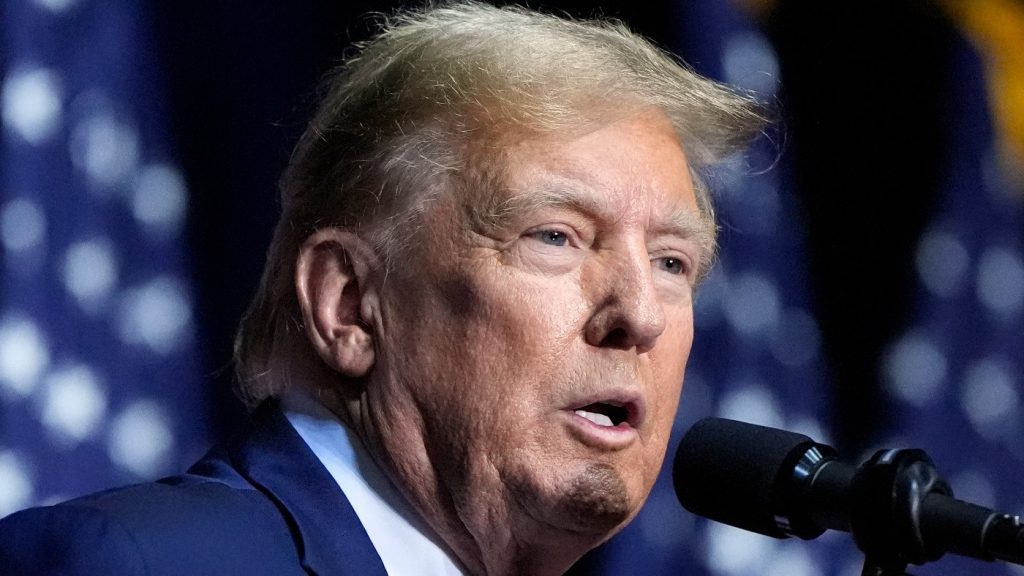Trump has asked the Supreme Court to throw out the case against him for interfering in the election, saying that lower courts were wrong to say he doesn't have presidential immunity from being prosecuted.
Trump has been rejected by two courts as he's argued that everything he did to try to stay in power before Jan. 6 was within his role as president, which he says should shield him from criminal charges.
Trump's lawyers wrote in the document, “Denying criminal immunity to a President would make it seem like others could threaten and pressure him while in office, and he would suffer for years after leaving office because of political opponents.”
The document later states, “This bad situation would lead to a weak and powerless President, which would be very bad for the American political system as a whole. This important point alone settles the question in favor of dismissing this case.”
The Supreme Court will consider the issue in a hearing on April 25.
Trump's team has argued that presidents can only face criminal charges if the Senate first tries and convicts them – a change from the argument they made when he was facing his second impeachment after Jan. 6.
His lawyers write, pointing to the Constitution's impeachment clause, “The language of the clause supposes that a President who has not been impeached or convicted is protected from prosecution.
Special counsel Jack Smith has not yet responded, but his team has previously argued that the Constitution doesn't give such protections to former presidents.
His team wrote in a document in December with the appeals court, “Instead of supporting our constitutional framework, the defendant's broad immunity claim risks allowing Presidents to commit crimes to stay in power.
“The potential difficulties of facing criminal charges after being President have little effect on the duties of a current President and are not as important as the main public interest in following the rule of law through federal prosecution.”
Federal District Court Judge Tanya Chutkan and the D.C. Circuit Court of Appeals both refused Trump's request to dismiss the case based on his immunity arguments.
The appeals court panel wrote in its 57-page decision in February, “For this criminal case, former President Trump is now citizen Trump, with the same defenses as any other criminal defendant.
“We can't agree that the President's office puts its former occupants above the law forever. Considering these concerns carefully, we think there is no good reason to protect former Presidents from federal prosecution in general or to protect former President Trump from the specific charges in the Indictment.”
Chutkan also said that Trump's status as a former executive doesn't protect him from being criminally prosecuted.
She wrote in the 48-page decision, “Whatever protections a current President may have, the United States only has one Chief Executive at a time, and that position doesn't give a lifelong 'get-out-of-jail-free' card. Former Presidents don't have special conditions for their federal criminal liability.
This story was changed at 4:23 p.m.









